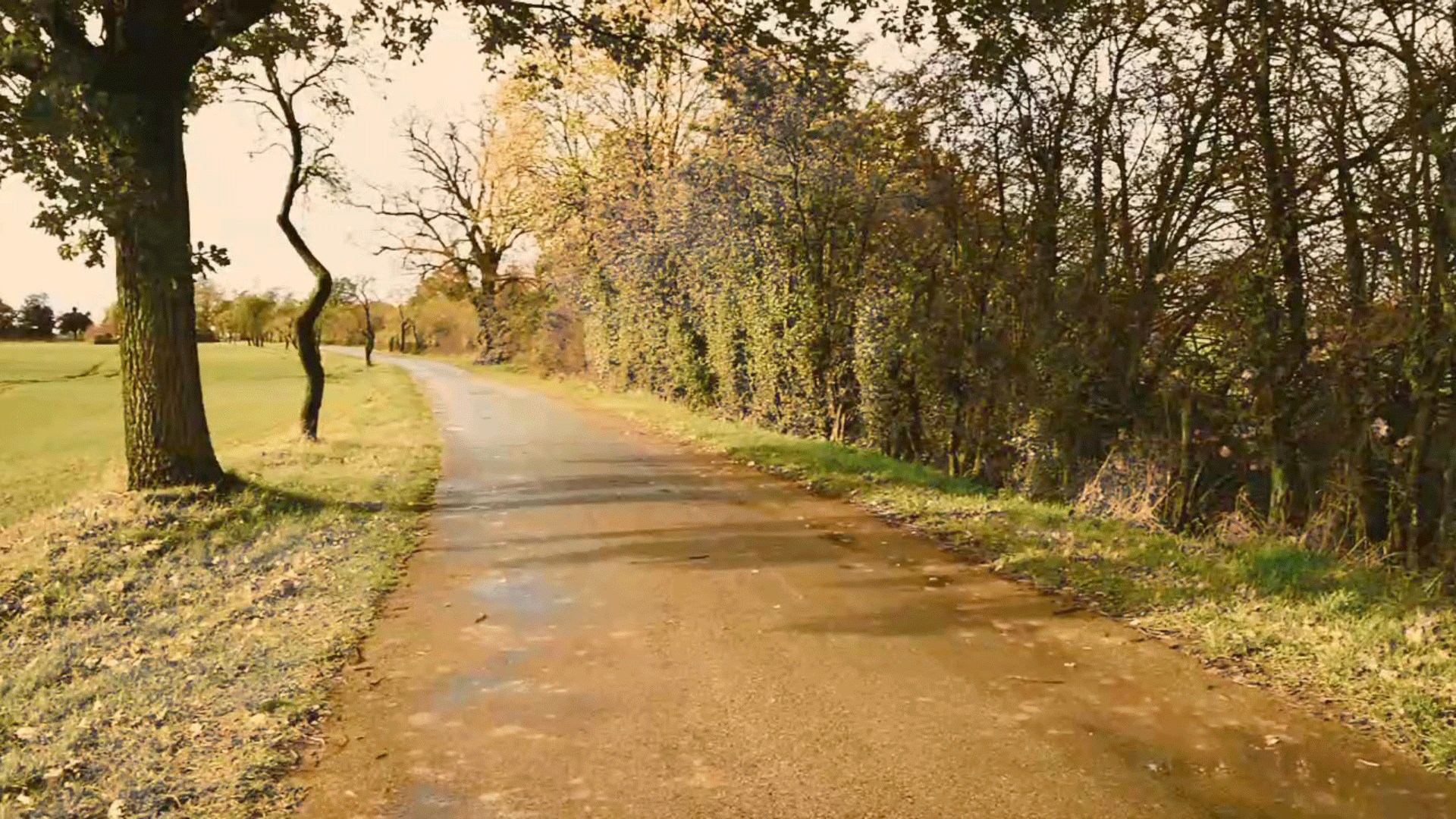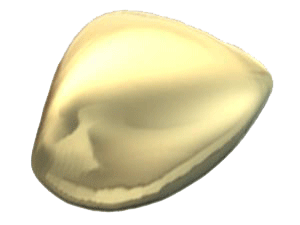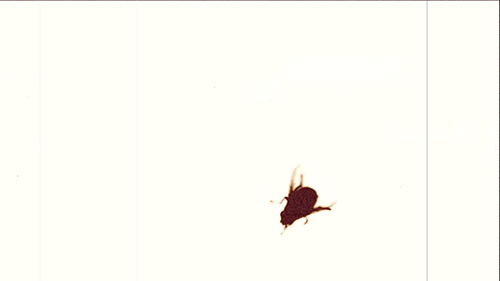
The world is disenchanted - don´t let
this be true.
The sociologist Max Weber was the first to present the theory of the disenchanted world in a lecture on
Science as Profession in 1917. And
later, Horckheimer and Adorno examined
this approach more closely...
1.1. The relevance of our actions
(The chain of a gesture: from action to event to expercience to memory)
Ecology
is a science that studies how
living things and the environment
influence each other. They influence
each other through
actions. So we can
say that ecology is about the interaction of
actions. And let us assume in a next
step that actions are
active practised knowledge.
nr.: 73.
 The definition of an
event in the general sense is a
situation characterised by
dynanism or change. The opposite of an
event is a
state, a situation without
change or dynamics. Situations
(scenarios) also take place in our head
- as a vision, a dream, a memory.
Sometimes we experience
a situation as a moment of calm, perhaps a bit
melancolic, but it is a moment of
resistance,
of resilience. That is where the desire
( as a remeberance) for a
Good Life
can
come from - as a
very private ecology.
The definition of an
event in the general sense is a
situation characterised by
dynanism or change. The opposite of an
event is a
state, a situation without
change or dynamics. Situations
(scenarios) also take place in our head
- as a vision, a dream, a memory.
Sometimes we experience
a situation as a moment of calm, perhaps a bit
melancolic, but it is a moment of
resistance,
of resilience. That is where the desire
( as a remeberance) for a
Good Life
can
come from - as a
very private ecology.
1.2. The moments of resistance
1.3. The moments of reality
1.4. The individual authorship
(The question of responsibility and the pressure to act) Science and art are about the constant unfolding and development of the establishment of authority and individual authorship. As great Eurpoean achievement in world history, alongside the authority of the cultures and their obligations, there is also an authority and obligation of the individual.
1.5. The trap: every imperative is a moral demand
(on functional and legitimation
concepts)
Life
today is an ambivalent experience
and the arguments for a "good life" are
a narrative of personal experiences and
fictional archaeological conjectures.
But
the view into the future is
nervous from every perspective anyway.
It changes permanently and is
characterised by the uncertainty of our
time. Never before has the uncertainty
of time been so obviously marked by
nervousness. Constantly this
tension...always...everwhere...and also
in this western freedom.
listen
to this for eye relaxation:
 For some
time now the hypothesis of the "I" has got
cracks and we all know by now that even
the last ignoramus is challenged. You
have to change your life! But who could
say this to whom?
For some
time now the hypothesis of the "I" has got
cracks and we all know by now that even
the last ignoramus is challenged. You
have to change your life! But who could
say this to whom?
We
have evolved from the bourgeois
individual to a permanent state of
self-assurance.
And our
modern psyche is in the meanwhile organised in such a way that we would not
allow anymore any authority to tell us that we have to do
something. But some things have to be done, have to be changed...
1.6. The moments of omission
(This is also not a syntax task) How can you describe an activity that was not carried out at all? To do or not to do are two forms of action. Acting can not necessarily be equated with efficient, sustainable action. (Bazon Brock)
1.7. The right moment
 But culture is prescribed by nature.
It defines what is possible for us
humans, how we can and must act. But
this dogma has yet to be understood.
From the Prignitz´ Ice Age to
monoculture to monopoly.
Exit to the
history here.
But culture is prescribed by nature.
It defines what is possible for us
humans, how we can and must act. But
this dogma has yet to be understood.
From the Prignitz´ Ice Age to
monoculture to monopoly.
Exit to the
history here.
1.8. The self-portrait
(Some instructions for forgetting) We are currently experiencing chaotic states of political argumentation. Without any factual justification, without any logic but following a dangerous opportunism. One must know what is wrong in order to orient oneself in the world. This is the importance of doubt.
1.9. The songs for dying birds
(suddenly)

Are you confused?
listen here (birds
are flying over the
Prignitz):

